Growing up at Camp, Ramah for me meant summertime. So, it was not only exciting but truly surprising when my winter break plans came together this year and consisted of three consecutive weeks – and three incredible Shabbatot with Ramah – in three different locations across the world.
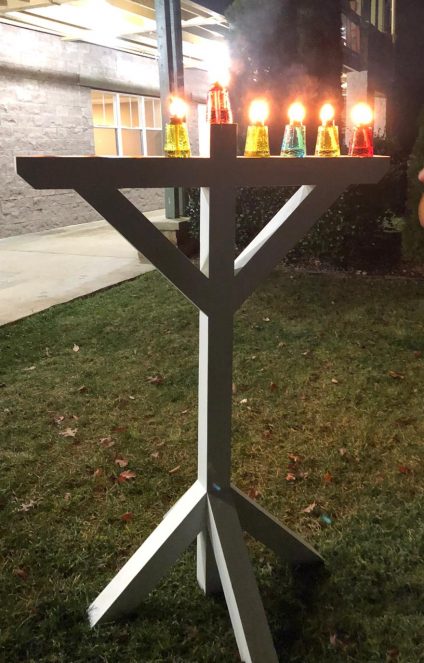
I started by staffing Winter Break Family Camp at Ramah Darom, which amazingly fell on the last few nights of Chanukah. It was so special to be able to celebrate Chanukah in a place I usually call my summer home.
Next, I headed out to California for National Ramah’s Weinstein Leadership Institute hosted by Ramah California in Ojai. During the conference, I was exposed to a variety of new programming models and creative techniques that other Ramah camps use to create memorable experiences for campers. I was thrilled to participate in many ‘idea dumps’ where we exchanged programs that worked and others that flopped. My favorite part of Weinstein was attending a session on ‘The Business of Camp’ in which I learned about the behind-the-scenes financial operations – pulling back an additional curtain which lies behind the staff curtain, where all of the year-round functions which go into creating Ramah as we see it during the summer take place.
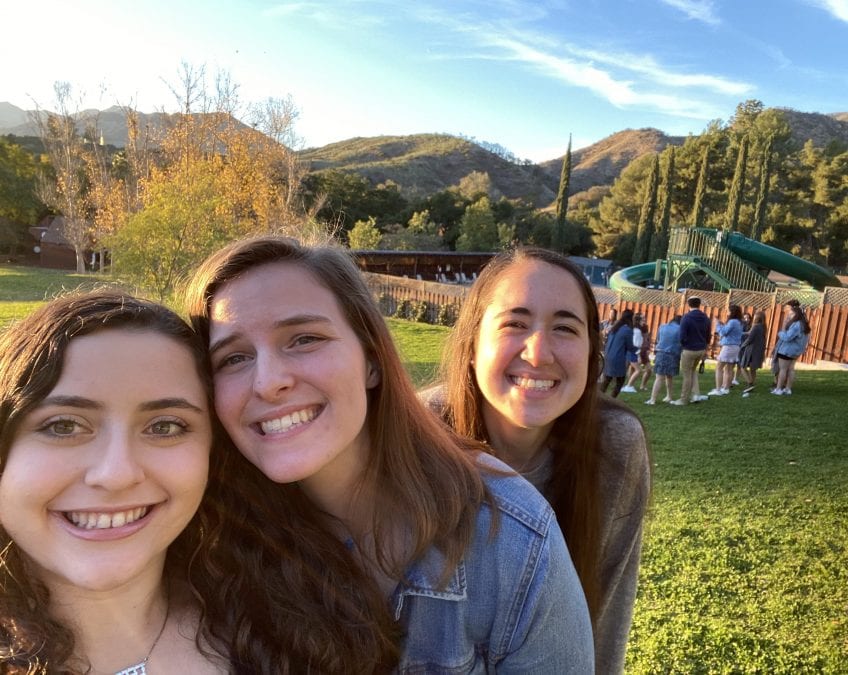
Leaving Ojai, I continued on the Vatikim Leadership Track extension– a special bonus track at Weinstein for College Sophomores which focused on developing experiential programming skills. We explored various Jewish communities in Los Angeles and we visited, Beit T’Shuvah, a Jewish based rehabilitation community founded on the principles of self-reflection and actualization. It was powerful to see some of the many qualities of Camp I hold near to my heart – support, open Jewish learning and faith, growth and friendship – take form in a program serving an often very stigmatized group within our larger community, and one which is very different from my own. We also visited IKAR, an experimentational Jewish spiritual space with a modern take on what it means to be a synagogue. We engaged in a thought-provoking discussion on what it means to be an inclusive Jewish space, balancing the values of Halakha with equality, egalitarianism, and customary traditions. IKAR challenged the way I think about how Ramah, and the greater Conservative Movement, can make our religious spaces more inclusive and engaging in the ever-progressing post-modern era.
At the conclusion of the Vatikim Leadership Track, I left bright and sunny California and headed for Berlin, Germany where I met up with another Ramah cohort, a group called the Maslul Fellowship. Maslul is a new National Ramah initiative that invests in leaders across the Ramah system through international travel and training experiences. (Parallel to our trip to Germany was another Maslul trip to the Ramah Camp in Argentina where it is summer now!)
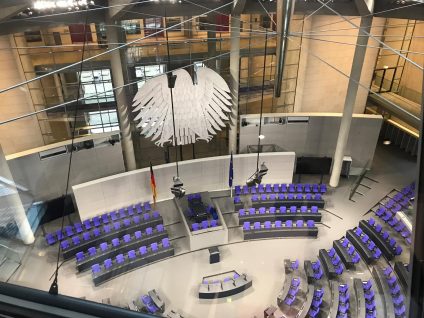
We started our time together visiting the Reichstag and learning about the complicated history of democracy in Germany. The focus of our trip was interacting with the local Masorti community in Berlin. We spent several hours each day volunteering at the new, Masorti elementary school working with kids on school projects and adding a “Ramah twist.” Working with young children speaking over four languages in the classroom proved to be both challenging and rewarding. We found two common languages with the students: Hebrew and Ramah dancing, which we enjoyed teaching the students before Shabbat began. During Shabbat, we davened (prayed) with the local Masorti synagogue, engaged in chevruta study (paired learning) with the young adults club and learned about the Masorti Olami movement from Director Rabbi Mauricio. The culmination of experiences over the course of six days has left a profound impact on me and my peers.
Over my winter break from college, I spent almost an entire machzor (session) with Ramah in completely different settings. These other Ramah venues did not always feel like my comfortable home, Ramah Darom. There were experiences and encounters that challenged how I viewed contemporary Conservative Judaism and how I felt about the future of world Jewry.
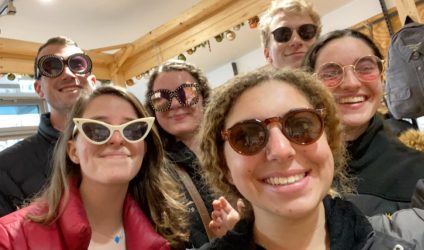
It’s easy to take for granted the ease and simplicity of expressing Judaism afforded to most American Jews. My experience in Berlin allowed me to see that my reality, what I assumed to be a norm, is not the case in all communities around the world. In fact, my normal is a radical, miraculous exception. At Camp, the practices of davening Shacharit, reciting Birkat HaMazon at every meal and celebrating Shabbat become engrained into our schedule and the rhythms of our lives. These practices, in many ways, become effortless over time. In Berlin, every one of these practices is a mini-miracle, a reminder of the privileges of freedom that were not always afforded to this community.
I look forward to bringing this immense sense of gratitude and passion for Judaism back to Ramah Darom this upcoming summer along with all of the leadership skills and program ideas I have learned.
I am thankful for the leadership of the National Ramah Commission and Ramah Darom for the incredible opportunity to travel and learn with Ramah over Winter Break.
Also read Remarkable Ramah, Reflections on Weinstein by Shiri Abramson and Camp Ramah Staff Train All Year Long.
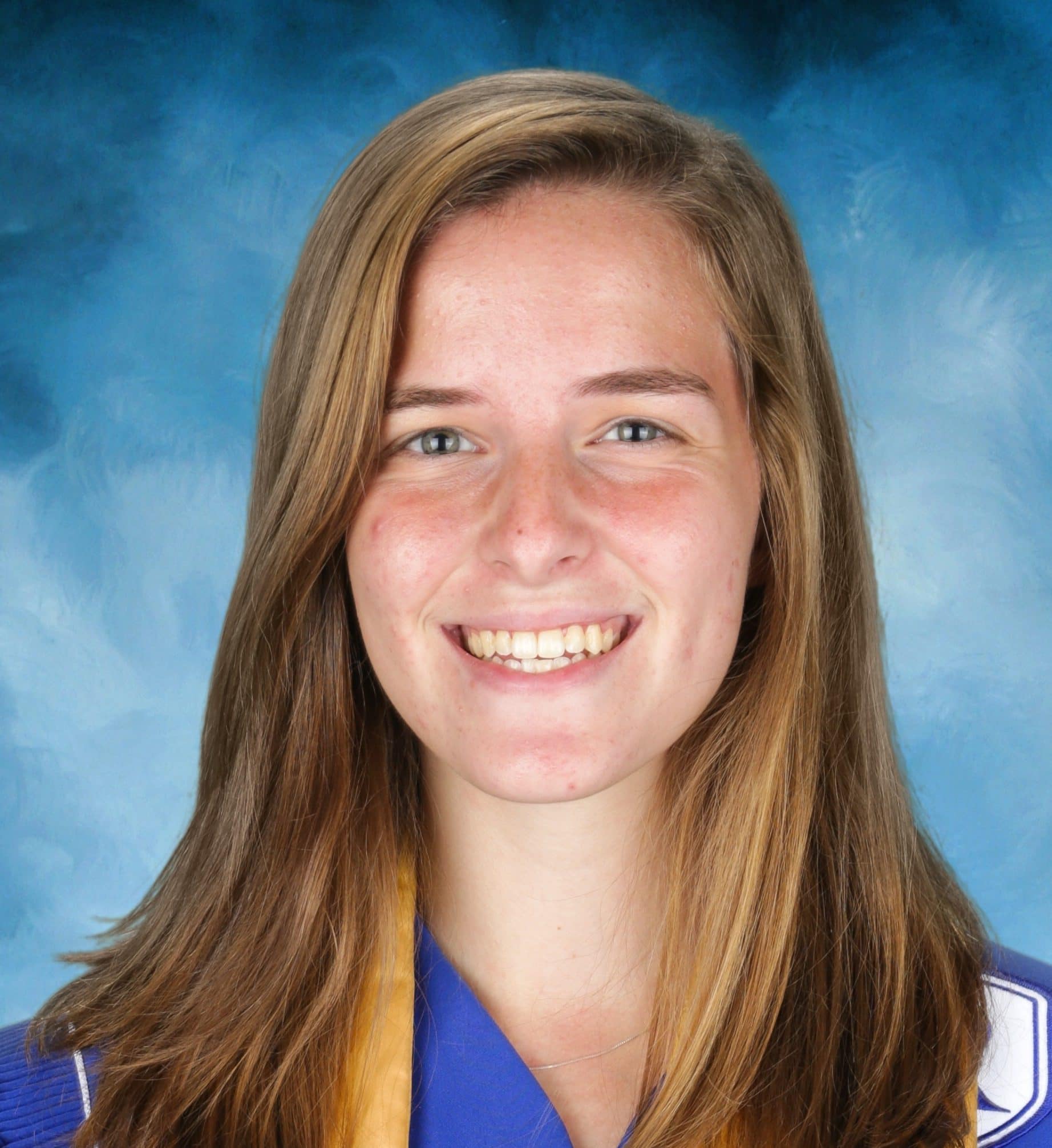 Naama Erez is a sophomore at Syracuse University where she is studying Economics and Syracuse Hillel Vice President. She is looking forward to returning to Camp this summer for her third year on staff. Gesher ’16, Tzevet ’18 – ’20.
Naama Erez is a sophomore at Syracuse University where she is studying Economics and Syracuse Hillel Vice President. She is looking forward to returning to Camp this summer for her third year on staff. Gesher ’16, Tzevet ’18 – ’20.